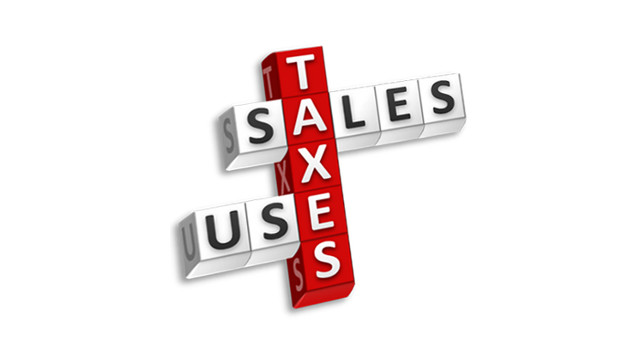Avalara, Inc., a provider of cloud-based tax compliance automation for businesses of all sizes, today released findings from a new survey of The survey findings reveal that
A majority of businesses believe that use tax is challenging, with many indicating the cost of managing use tax obligations is high for their business. That’s according to a new survey from Avalara of accounts payable departments, accounting, finance, and tax professionals that focus on managing use tax obligations.
Use tax is an indirect tax levied on the use, storage, or consumption of tangible personal property or services, and is paid for by the purchaser. All 45 states that have sales tax also have use tax, and certain industries, like manufacturing, construction, and hospitality, often face greater risks of noncompliance because the use tax rules for these businesses are more complex and can vary from state to state.
“It’s clear that businesses find that their use tax obligations are a complex and confusing part of the compliance process, and they’re looking for solutions that make sure they’re paying the right amount of tax, and can easily apply that tax to their returns to make the entire process seamless,” said Jayme Fishman, EVP and GM of Indirect Tax at Avalara. “These survey findings show us that businesses of all sizes can benefit from use tax solutions that integrate with the systems they’re using to power their businesses.”
Top challenges for managing use tax vary
Businesses of all sizes face multiple challenges related to use tax that can significantly impact various aspects of their procure-to-pay processes. More than half (53%) of respondents said one of their most significant challenges is that tax rules and rates are complex and subject to change. Furthermore, 42% of respondents said the cost of managing consumer use tax obligations is high for their business, with 23% indicating the average cost of managing consumer use tax is between $10,000 and $50,000 annually, and 20% indicating it costs between $50,001 and $100,000.
Approximately 39% of respondents said a top challenge within their business is that use tax compliance requires specialized teams and skills, and 32% said they’ve had to refocus away from other compliance obligations within their business.
Nearly a third (32%) of respondents also indicated that audit risks are high, especially when managing consumer use obligations. Of the 40% of respondents who revealed that their business has been audited within the past three years, 63% said consumer use tax was a substantial part of the audit process.
Automation is needed to manage consumer use tax obligations
Managing tax manually isn’t efficient, which is why so many companies need automation to make the process easier, and some are beginning to realize the value of technology. At the same time, many respondents highlighted a desire for consumer use tax solutions that integrate with the systems they use to run their businesses: 52% of respondents indicated that more solutions that seamlessly automate complex tax assessments for accuracy across their business systems would also improve their approach to managing consumer use tax. To that end, Avalara is including plug-and-play use tax capabilities in all of its owned connectors, which will make it much easier for companies to access this important functionality.
“In a post-Wayfair environment, automating the use tax accrual and validation of vendor charged sales tax has become even more critical for many organizations, particularly the middle market,” said Michael Giannettino, Partner, State and Local Tax at RSM US LLP. “At RSM, we have experienced that many of our clients are being overcharged tax on purchases. By leveraging automation, businesses can mitigate audit risk, enhance accuracy, and streamline the reporting function.”
Thanks for reading CPA Practice Advisor!
Subscribe Already registered? Log In
Need more information? Read the FAQs




